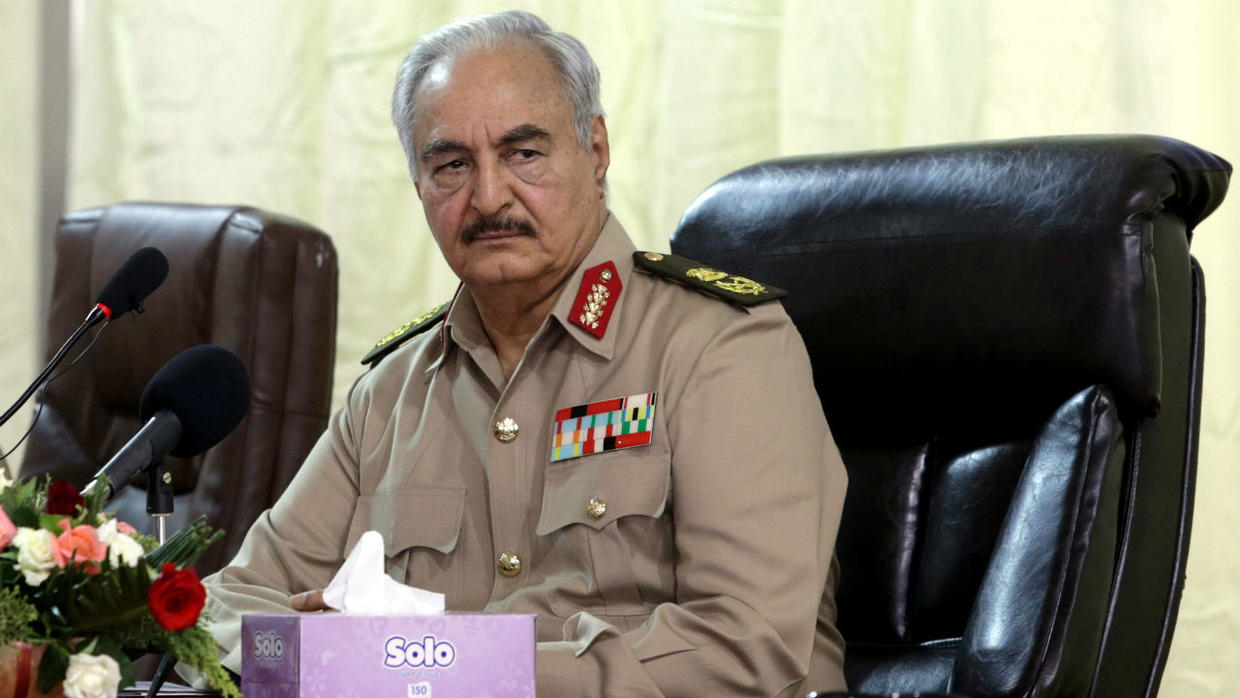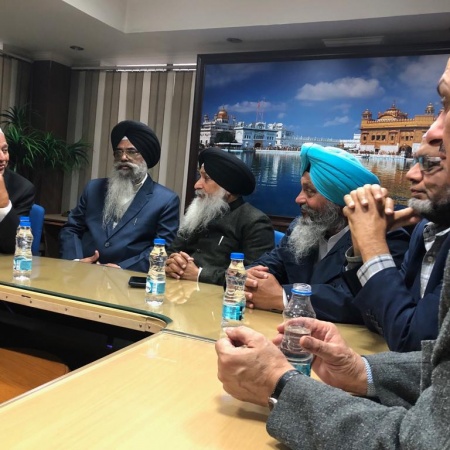Debate on Indians’ Right to Be Informed
By Nilofar Suhrawardy, Muslim Media News Service (MMNS)
NEW DELHI- Interestingly, debate on the people’s right to information has raged in India at two levels. At one level: how much should senior school students learn about controversial issues, particularly the ones referred to as communal disasters. The other level: people’s access to notes taken by politicians and bureaucrats in government files. The former issue hit headlines because of the uproar raised last week in Rajya Sabha over several alleged “distortions†in schoolbooks. The government’s plan to amend the Right to Information Act (RTI) and thus curb people’s access to notes in government files was strongly opposed by activists.
If the National Council of Educational Research and Training (NCERT), controlled by the government’s department of education, has its way, textbooks referring to several controversies would be introduced from April of next year. Defending NCERT’s decision, Yogendra Yadav, a member of the panel for preparation of Political Science textbooks, said: “You cannot teach Political Science to students [while] sidestepping major events which had significant influence on society and polity, no matter whether controversial or not.†“So we are covering all the major happenings including the Gujarat riots, the Ayodhya incident, the Emergency and many other controversies,†he said. The chapter on the Gujarat riots will deal with an overview of the incident and the large-scale killing of “people of a particular community,†he said. “The topic will also give a human rights view and a counterview on the incident,†Yadav said.
The leading opposition party, Bharatiya Janata Party (BJP), has definitely not welcomed such plans of NCERT. Criticizing the move, BJP Parliamentary Party spokesman Vijay Kumar Malhotra said: “Congress is playing vote bank politics with an eye on elections in Uttar Pradesh. If they want to include riots in the syllabus, there are over 30,000 such incidents which ought to be a part of the curriculum.â€
In the opinion of Abani Roy (Revolutionary Socialist Party): “There is nothing wrong in knowing about the Gujarat riots, the Ayodhya issue or the anti-Sikh issues, it depends on which class it is being introduced.â€
Not surprisingly, BJP members are apparently already up in arms against NCERT’s plans to “pollute†school children’s minds. With Gujarat, Ayodhya and other controversial issues yet to be included in NCERT textbooks, last week (August 18), they made noise in Rajya Sabha over several freedom fighters allegedly described as “terrorists†in textbooks, published this year in May. Freedom fighters – Balgangadhar Tilak, Aurobindo Ghosh and Bipin Chandra Pal- have allegedly been labeled as terrorists in these textbooks. This was one of the few issues which secured BJP support from all political parties, including the Congress and the Left bloc. Taking a common line, the parliamentarians said that this was a very serious issue and if the allegations are true, the government should look into it.
Giving in to agitated members’ demands, the Minister of State for Parliamentary Affairs Suresh Pachouri said: “We will take it up seriously and I will convey to the concerned ministry.†Taking into consideration the sense of the House, the matter would be probed, he said.
The government had earlier planned to amend the RTI during current session of the Parliament. The proposed amendment would have kept file notes in several areas out of public view. The proposal, however, invited strong criticism from several politicians, including those from the Left bloc and from activists. Noted social activist Anna Hazare even went on an indefinite hunger fast to display his protest against the proposed amendment. A non-government organization (NGO) launched a movement against the amendment and was supported by activists such as Hazare, Shabana Azmi, Aruna Roy, Arvind Kejriwal and Prashant Bhushan. Protest demonstrations were also organized in several parts of the country. Seeking withdrawal of the proposed amendments, a delegation from “Campaign to Save the RTI Act,†led by social activist Aruna Roy called on Congress President Sonia Gandhi on Saturday (August 19).
Critics pointed out amendments equivalent to killing the very spirit of RTI. Taking note that such a move should not be expected ever to be welcomed by Indians at large, this year’s Magsaysay winner Arvind Kejriwal said: “When people start using the RTI, they will be interested in this powerful tool. Once people understand the power of this tool, it will be politically suicidal for any party to even try to change it.â€
Besides, in its first report to the Prime Minister, the second Administrative Reforms Commission (ARC) headed by M. Veerappa Moily pointed out that files and notes per se are not confidential and should be accessible to the public unless exempted under Section 8 of the RTI. Against this background, the government has had no option but to withdraw amendments to RTI at least for now. “The prime minister has suggested that the amendments to RTI Act should not be brought in this monsoon session as the UPA (United Progressive Alliance) chairperson (Sonia Gandhi) was given some representations protesting against the amendments,†Pachauri said on Saturday (August 19). “The prime minister thinks that the act needs wider consultation before introducing it in parliament,†he said. •
8-35













2006
859 views
views
0
comments